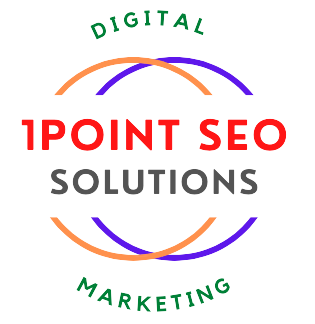[ad_1]
Even if you have never heard the term pay per click advertising, or PPC, if you have ever used the internet, you have certainly seen it in action.
One of the best-known pay per click advertising programs is the Google’s AdWords service, although every browser, many social networks, and several other sites also offer some form of PPC advertising.
Essentially, pay per click campaigns allow you to ‘rent’ advertising space on web browsers and websites. These sites then display advertisements, based on the keywords they have chosen, and according to the amount of money they are willing to pay for their daily campaigns.
You have probably seen plenty of pay per click ad campaigns before too – they are the sponsored links that appear at the top and on the right hand side of Google’s search pages, and the text and image ads that appear on other websites.
Certain keywords, particularly those that are in high demand, can be quite expensive, but there are some that cost you only a few cents per click, so this can be a good way to guarantee that your advertisement is seen by people who are searching the internet. There are also a variety of companies besides Google that offer pay per click advertising, and some of those offer great service at reduced rates.
When it comes to the benefit of pay per click campaigns to small business owners, there are two very different schools of thought. Some people say that website owners should aim to get ‘organic’ traffic only, by means of their links, and other online marketing methods. Others swear that pay per click campaigns are the very best way to build traffic fast. The truth is somewhere in between.
First, let us look at the benefits of pay per click advertising for the website or business owner.
There is the fact that you are guaranteed that your ads will be seen by the people you want to see them, by virtue of the keywords you choose. Then there is the fact that you will get almost instant results – whereas search engine optimisation can be an arduous process, and it can take months before your pages start to get first page results.
There are also no changes that you need to make to your site. Unlike SEO campaigns, where you need to modify the headers, metatags and code on your site, as well as the content itself, with PPC, all you do is select your keywords, pay the advertising company, and your ads will send traffic to your site. Finally, there is the benefit of being able to choose which keywords your site is advertised under, and the areas that you want to target.
When it comes to the cons, there are almost as many, however. First, there is the cost. For pay per click campaigns to be effective, you need to test several keywords, narrow down your options, run ads frequently, and target many different areas. All of that costs money, and remember that every time someone clicks through on one of your ads, even if they buy nothing, you will be paying for the service!
Then there is the small matter of the ads themselves. Not only is it notoriously tricky to write an effective PPC ad using the few words that you’re allowed with PPC, but people are becoming more and more ‘ad blind.’ In other words, people tend to ignore paid for advertisements in their search results, and favour those that come from organic search results.
Also, remember that while time, money, and effort spent on search engine optimisation and search engine marketing will continue to pay dividends for years to come, as soon as you end your PPC campaign, your ads disappear from the internet, so there is no residual benefit.
You may even find that your competitors deliberately click on your ads, in order to cost you money, or that your campaign is targeted by general ‘click fraudsters,’ looking to earn more money from advertising revenues on their own sites.
Usually, the best course of action is to combine SEO and PPC, and allocate your budget accordingly. It is also a good idea to employ a PPC expert to set up and manage your campaigns if you are not sure what you are doing, otherwise you could end up spending a lot of money for traffic that does nothing for your bottom line.
Pay per click advertising can work, as a part of a broader internet marketing strategy, but remember that you’re essentially buying traffic, and you have no idea whether that traffic is a part of your target market or not. If you do not have the budget to make big mistakes, it is best to start small, hire an expert, or wait until you have more money to spend on advertising before you venture into the realm of PPC. Whatever you do decide, however, it is always a good idea to understand how pay per click advertising works, and to remember that it is an option and one that many people have had some success from.
